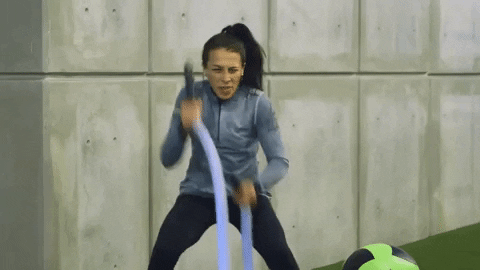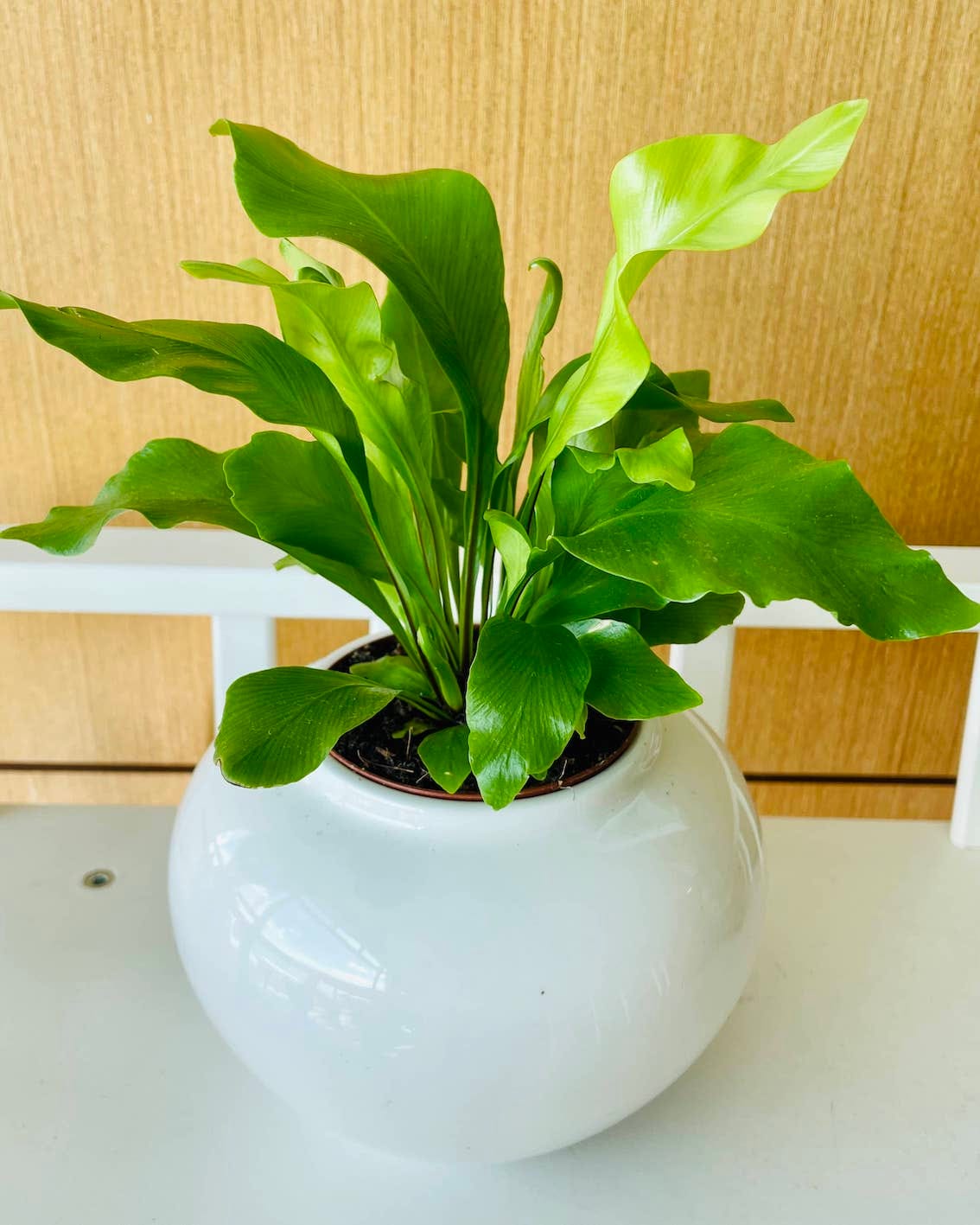Can we delay mental aging? 👦🏻 → 🧓🏻 → 👴🏻
What are scientists up to, is it possible to grow smarter with age, and key to smarter learning.
Good news 📣 10x your mind just got better. So far, our focus was to dodge mental mistakes → think smarter. I believe that to truly 10x our minds, we also need to make our minds fitter.
The lifestyle and food choices we make directly impact the fitness of our minds.
Mental fitness is the ability to think clearly and make smart decisions.
Going forward, you’ll receive insights on how our brain works along with actionable tips on food, lifestyle, and decision making — Your full dose of mental fitness.
Let’s continue this journey to 10x our minds!
This week, we dive into mental aging:
What are scientists doing to delay mental aging? 🧪
Possible to grow smarter with age? 👦🏻 → 🧓🏻 → 👴🏻
A non-mental activity we can do to delay mental aging.
Key to smarter learning.
Stressbuster of the week ☘️
What are scientists doing to delay mental aging?
Mental aging is a game of neurons (brain cells). As we age, more and more neurons start to die.
A baby’s brain has ~100 billion neurons.
An 18-year-old brain has ~86 billion neurons.
In our 30s and 40s, we are losing ~10,000 neurons every day and our brain starts to shrink, literally!
By the age of 60, the rate of shrinking increases.
Depressing, I know but keep reading. Positive news in the following sections on how to go into your 70s with a big, fat hippocampus.
The supposed ‘cut-off’ for human lifespan is 122 years. It’s mainly due to mental aging.
Your knees are gone, get them replaced. Heart transplants are a thing. Scientists are even trying to grow body parts like lungs, kidneys, and livers in labs.
But when it comes to the mighty brain, replacing even a part of it is super complex. Mainly because of its inability to repair itself, as our skin does.
Some neuroscientists, however, are working on the following three techniques to delay mental aging.
❶ Stop our brain from stopping itself
Believe it or not, it’s the brain’s repair mechanism (called ISR) that leads to its ultimate demise 🪦.
ISR is meant to kill weak neurons. As we age, it marks more and more neurons as weak and ends up shutting down most of the brain.
Scientists found that stopping ISR in mice reverses their mental decline.
🤞 Let’s hope that ISR-based treatments might one day help humans.
❷ Make adult neurons grow new ones
Scientists are discovering ways to reactivate adult neurons to grow new neurons. The process is called neurogenesis.
e.g., They inject ‘signaling’ molecules that fool old neurons into making new neurons.
Again, positive results showed up when older animals were treated with these molecules.
❸ Restore lost neurons by injecting new cells
The outer part of the brain has embryo-like cells called stem cells, which can grow new tissues. The inner part of the brain lacks these stem cells.
Neuroscientists are trying to take the outer stem cells and inject them into the inner part of the brain. This might help restore the lost neurons.
If successful, this can help patients with neurodegenerative diseases such as Dementia and Parkinson's disease.
These techniques might be able to add decades to human life. We just don’t know when.
For now, we need to find other ways to grow smarter with age.
Possible to grow smarter with age? 👦🏻 → 🧓🏻 → 👴🏻
How well you think, learn, and remember are called your cognitive abilities.
For a long time, it was believed that all our cognitive abilities decline as we age.
In a recent study, they tested people for three major cognitive abilities:
Alertness: Can you level up your readiness for an upcoming challenge? e.g. while approaching an intersection during driving.
Orientation: How soon can you switch your attention to something unexpected? e.g to a pedestrian crossing the road.
Focus: How well can you fight distractions and stay focused on the task at hand? e.g., ignoring birds, billboards, and loud kids in the backseat while driving.
Bad news, alertness declines with age.
Good news: orientation and focus don’t. As these skills are practiced more, they get better with age. At least until the mid-to-late 70s.
What can we do to keep improving these skills?
Take up lots of different types of learnings. e.g., learning a second language, or musical instrument, attending courses, and increasing (in-person) social interactions.
👆 These are all mental activities.
Surprisingly, we can do much more besides mental activities to delay mental aging. Today, we focus on one such activity 👇
A non-mental activity that delays mental aging
In a 1960s study, Swedish women in their 40s were grouped as low-fit, mid-fit, or high-fit, depending on their fitness levels.
They were checked back in their 80s. High-fit women had gained 9 years of good cognition over the others 😯!
Do you want to head into your 70s with a shrunk brain or a big, fat hippocampus? Being physically fit or not will make all the difference.
30-45 min of aerobic activity every day can add years to your mental age. It can be anything, like power walking, kickboxing, running, sports, HIIT workout, etc. As long as it gets your heart rate up, you’re good.
Aerobic exercise releases a growth factor → Brain-Derived Neurotrophic Factor (BDNF) → Grows new brain cells in your hippocampus
Besides delaying mental aging, exercising also has short-term benefits.
The two hours after the exercise is peak productivity time. Get your most important work done within 2 hours of your aerobic activity. Your mind is at its best at this time.
Key to smarter learning — The Spacing Effect
Remember cramming up a night before your school exam? Maybe you got lucky and managed to regurgitate what you studied the previous night.
But one thing is for certain, you wouldn’t remember it a few days later.
Learning anything new in just one session is the worse learning technique. Instead, spacing out learning helps retain information more easily and effectively.
The spacing effect is learning that is spaced out in multiple sessions. By repeating and learning in intervals, we gain a better long-term memory of the new info.
Students learn better with the spacing effect.
Apps like Anki and Quizlet mimic physical flashcards. They make it easy to memorize anything. e.g. equations, times tables, the periodic table, and historical dates.
Apps like Duo Lingo and Babbel space out learnings in intervals of 5-20 mins each day.
Even companies that place advertisements benefit more if their ads are spread out.
The lesson is clear. Trying to learn anything new? Space it out!
I fear not the man who has practiced 10,000 kicks once, but I fear the man who has practiced one kick 10,000 times.
— Bruce Lee
Stressbuster of the week
A month back, I got my first ever indoor plant, a tiny one. I made the mental mistake of blindly picking the one that I loved in the nursery. No research whatsoever. I was just hoping it’d fit in a small urn I have at home.
It fit perfectly.
Eventually, I installed PictureThis, a plant app that helps identify and care for plants.
Imagine my surprise when I found out that my tiny plant is a Bird’s Nest Fern. It grows to be a giant 👇
I need to repot it into a bigger pot eventually. For now, it’s a joy seeing it grow happily in my little urn.
Brings a smile to my face every single day 😊
Looking for a stressbuster? Adopt a plant ☘️.
Hope you enjoyed the read ❤️ If you did, pls share it with a friend.













Wonderful. Very good Research and Information.
Many companies have started their Research on Anti Ageing and Improving Mental Stability.
If suceeded then Management of Elderly with Demetia and Alzimers under Rehabilitation centre would become more Easter. 😊
Great read...useful tips on delaying mental aging!!